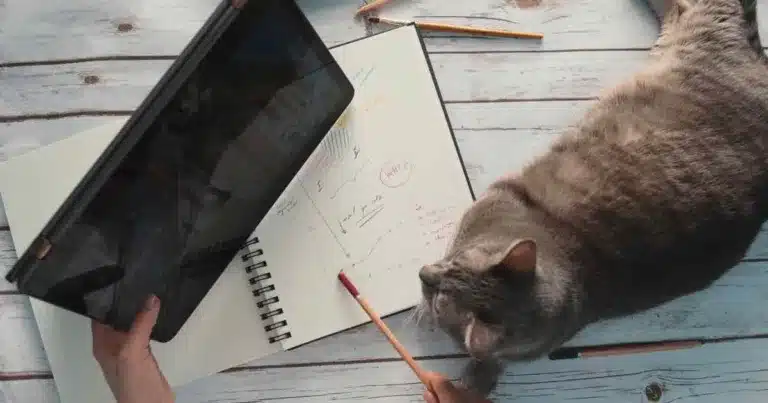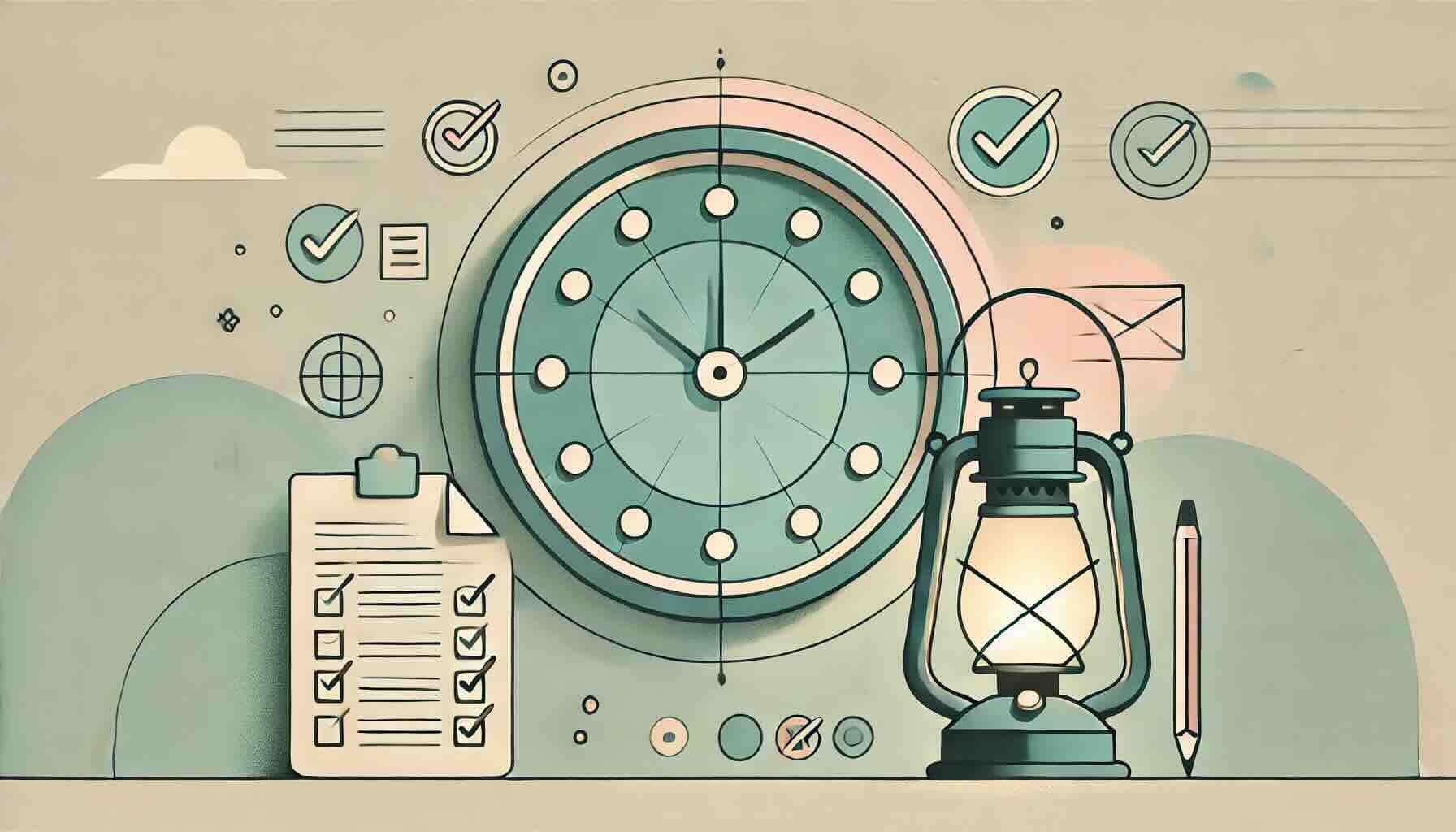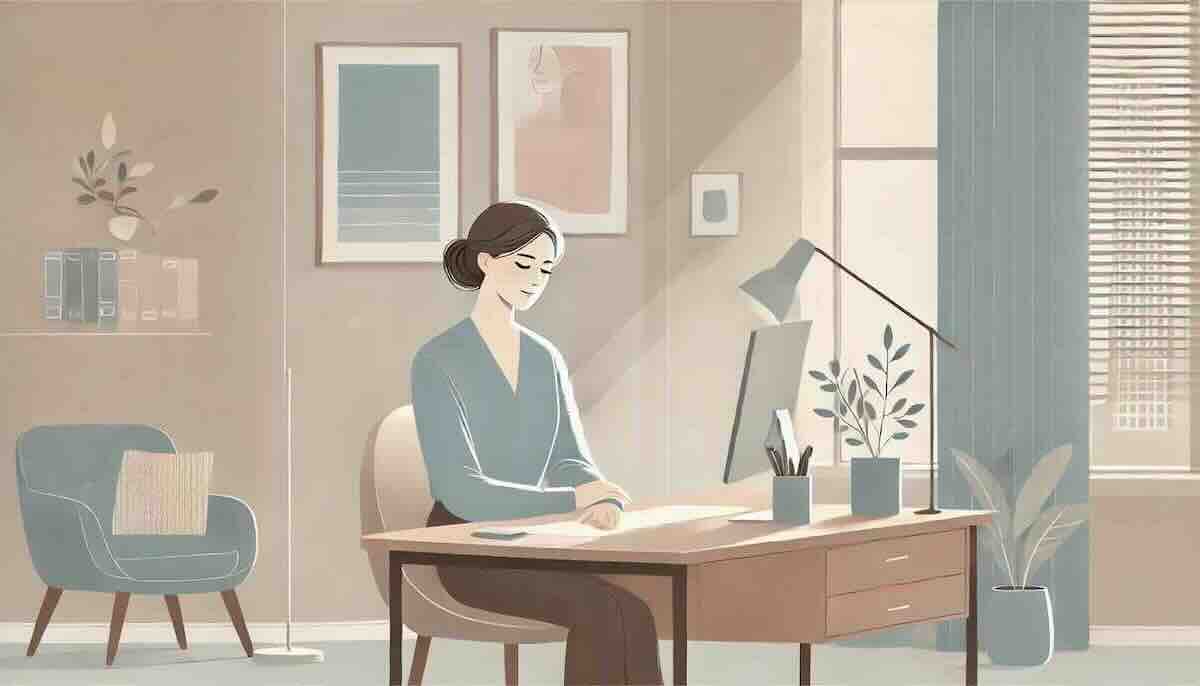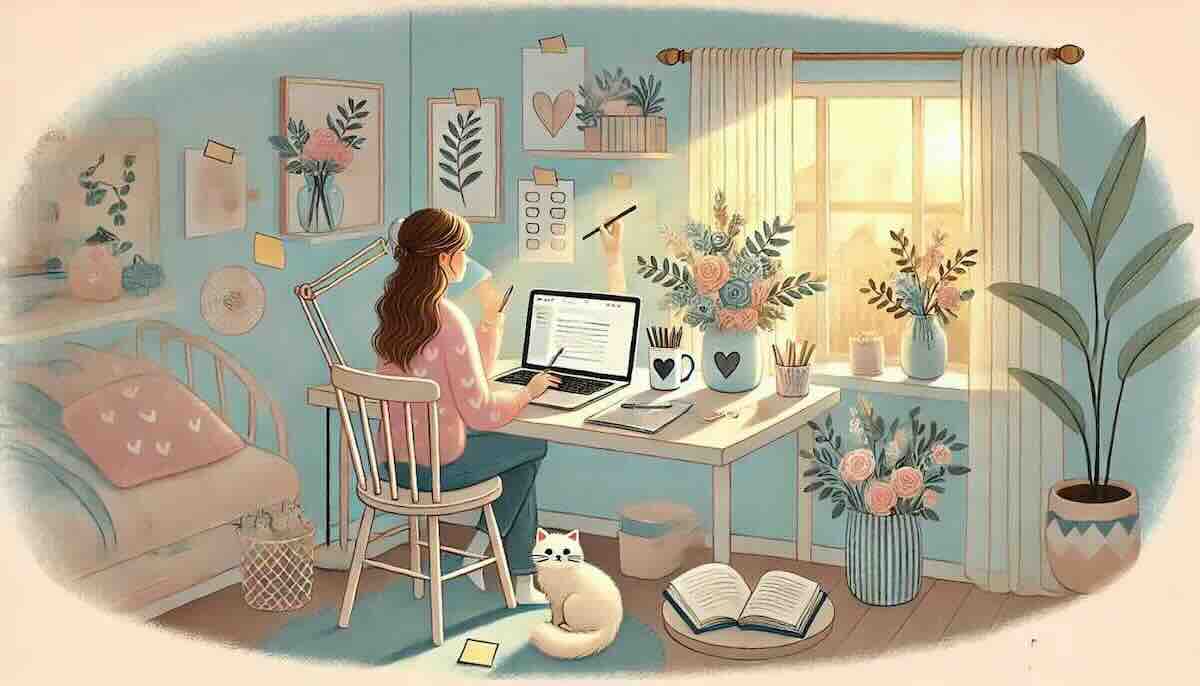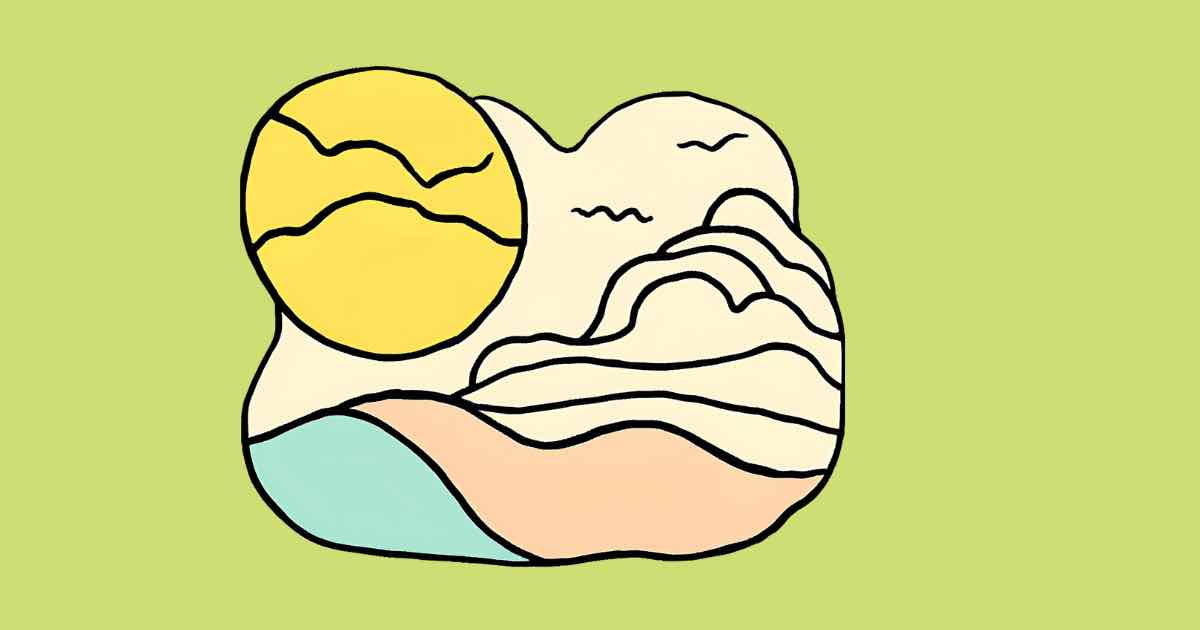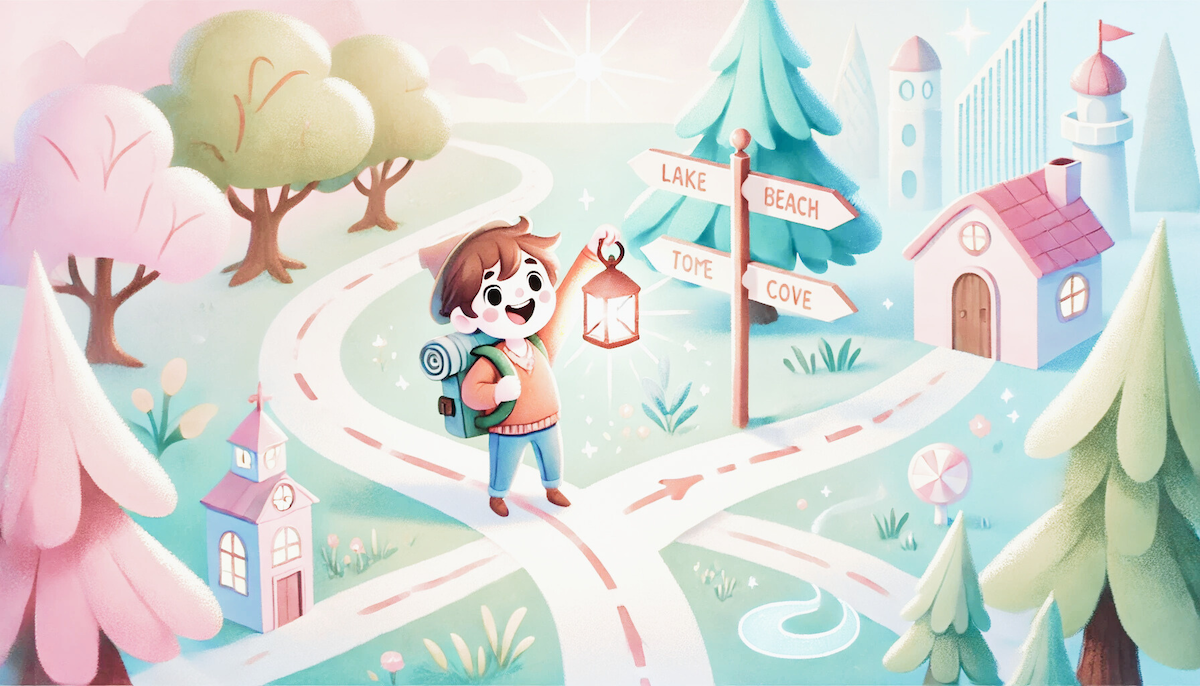Working from home is often thought of as a dream come true, but it also comes with a lot of stress. No commute, flexible hours, and the ability to take your work with you wherever you go! Unfortunately, it’s not all fun and games. When you work from home and have no one else around to keep you accountable for your time management or productivity levels, it can be easy to get overwhelmed by stress. The key to avoiding this trap is taking a few simple steps each day that will help keep your mind clear and focused on getting important things done:
Don’t try to multitask.
When you’re working from home, it’s easy to fall into the trap of multitasking. You’re sitting in front of your computer, so why not open up another tab and check your email? Or maybe check social media while you work?
It’s tempting to think that these little distractions will help us get through our day faster–but they actually make us less productive than if we focus on one task at a time. When we try to multi-task (or “task switch”), our brains have trouble focusing on two things at once; instead of being able to truly concentrate on either task at hand, we end up spending more time thinking about what else could be done instead of finishing what needs doing right now. This leads us down an endless rabbit hole where there are always more tasks waiting for our attention than we have time for them all!
Use a timer.
Set it for 45 minutes, and then get back to work! When the buzzer goes off, take a 5-minute break (or whatever amount of time works for you). This will help you stay focused throughout the day and keep stress at bay. If you’re working on something, particularly challenging or important, give yourself more than one break; just make sure not to overdo it by taking too many short breaks in succession or else they’ll become less effective at helping keep your mind clear and focused.
Use timers throughout your entire workday so that everything has its appropriate place: one type of task gets done during this window while another type gets done during another window–and so on until everything is done!
Take regular breaks.
If you’re working from home, it’s easy to get stuck in a rut and forget that you need breaks. We’re all guilty of spending hours at our desks or computers without getting up once–but not only is this bad for your health and well-being, but it also makes it harder for you to focus when it comes time for another task.
Take regular breaks: You should take short breaks every hour or two (at least!). Get up from your desk and walk around for five minutes or so; sit in another chair; go get some water–anything that helps ease tension in the body will help improve concentration later on.
Be realistic about your day and what you can accomplish.
First, you should be realistic about what you can accomplish in a day. It’s easy to get carried away and think that because there are no bosses or co-workers looking over your shoulder, it’s OK for you to try to do everything at once. But this will only lead to stress and burnout and sooner you will think that working from may not be for you because of the stress.
So instead of trying to be the jack of all trades, focus on one task at a time: work on one project until it’s done before moving on! This way, when other things come up later in the day–whether they’re related or not–you won’t feel overwhelmed by having too much going at once because everything has already been taken care of earlier in the day (or even earlier than that if possible).
Also remember not everyone has access 24/7 so try not working late nights or early mornings unless absolutely necessary!

Keeping your workspace tidy and organized helps keep stress at bay.
Use a To-Do List
I personally use Asana for this, but there are many other options out there that will do the job just fine. Just make sure it’s something that works for you!
Use a Calendar
This one’s pretty self-explanatory–it helps keep track of things like deadlines, meetings, and appointments so they don’t fall through the cracks. Again, there are lots of different apps out there (Google Calendar is free).
Get Organized
Invest in some filing systems or storage solutions so all those papers aren’t lying around everywhere! Label makers are also great tools because they allow us humans who rely heavily on our visual cortexes – not just our brains – have access quickly find what we’re looking for when needed most.
Set boundaries for yourself, and stick to them when you’re working from home.
Setting boundaries for yourself is key to avoiding stress, especially when working from home.
Set aside time every day for exercise (or just stretching), eating lunch or dinner and relaxing with friends or family members over the phone or video chat. These activities will help keep you refreshed so that when it comes time again later in the evening for more workdays at home there won’t be any burnout issues due solely because there wasn’t enough rest beforehand.
Stick with what works for YOU!
This might sound obvious. But it can be hard not only because everyone else seems like they’re doing better than you without realizing just how much pressure you’re putting on yourself. Remember working from home isn’t one size fits all. Some things might work for others but not for everyone. One thing to keep in mind if you want your working-from-home life stress free.
Conclusion
It’s important to remember that working from home doesn’t have to be stressful. In fact, it can be quite rewarding if you know how to handle yourself and take care of your needs. Try some of these tips out next time you’re working from home and see how much easier it is!

